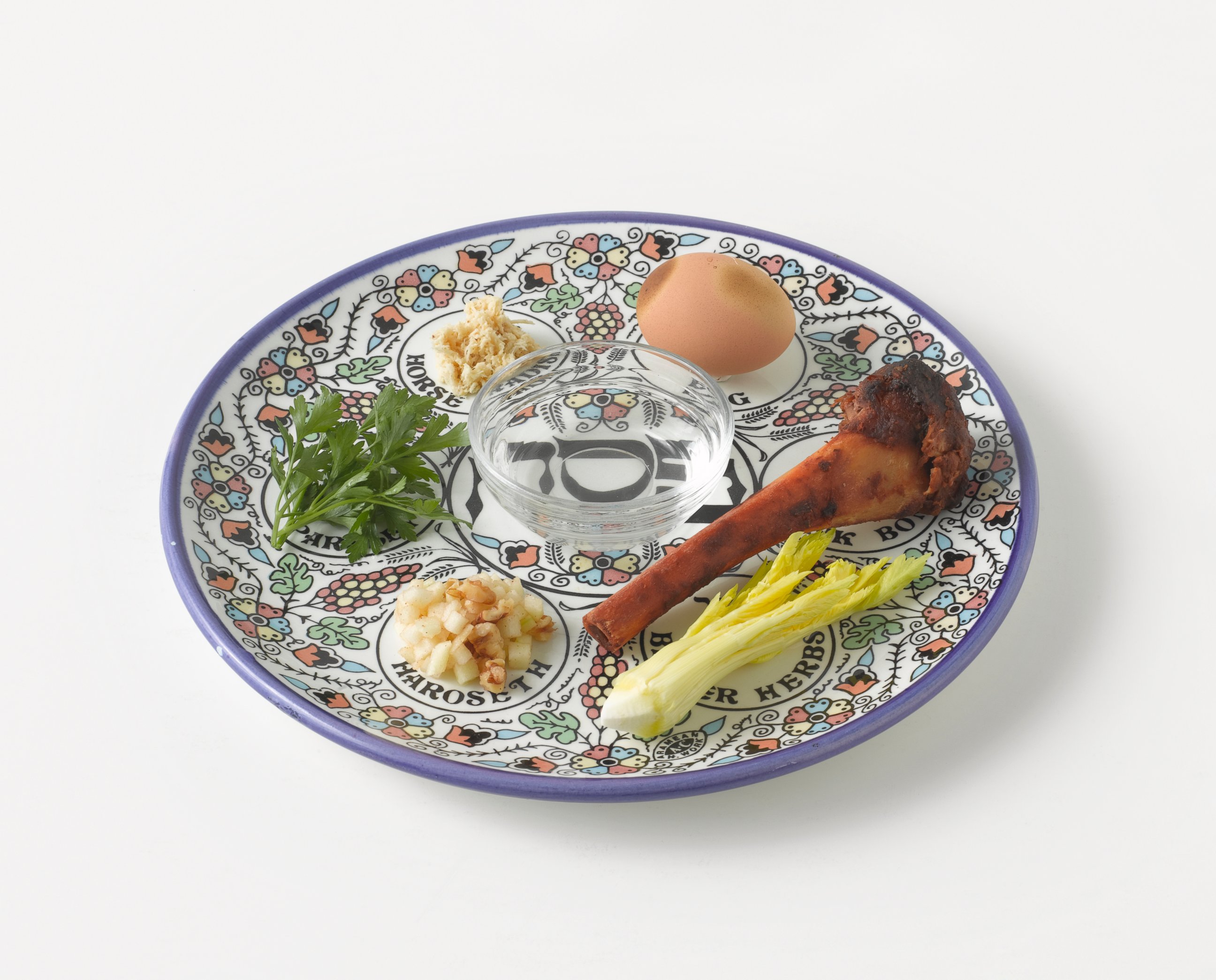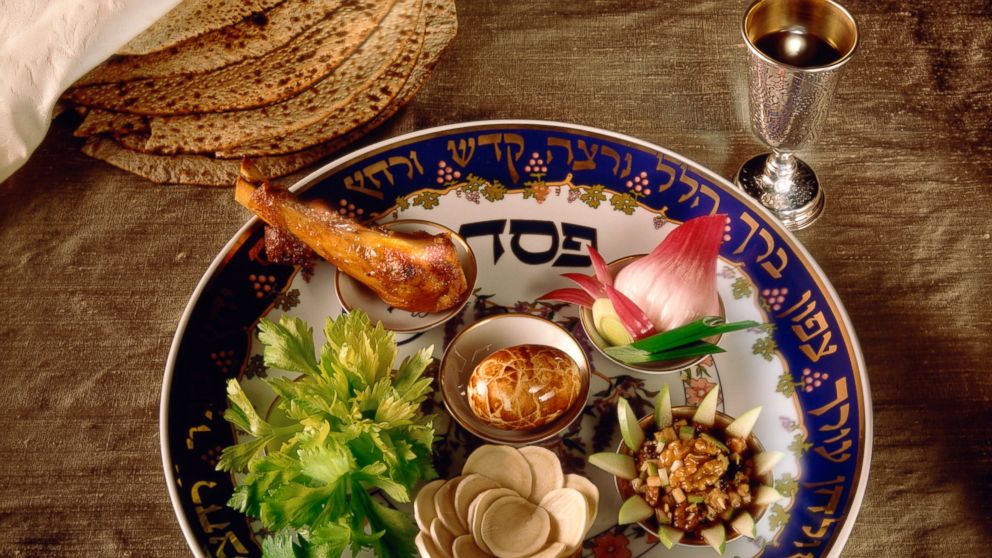What is Passover?
— -- What is Passover?
Passover is a Jewish holiday that commemorates the emancipation of the Jewish people from slavery in Egypt. It typically falls in early- to mid-April, coinciding with 15th to the 22nd of the Jewish month of Nissan, based on the lunar calendar.
How is it celebrated?
People who observe Passover will attend a Seder, a dinner where the story of the Exodus from Egypt is recounted. Seder means ‘order’ in Hebrew because the Seder ritual is performed in a specific order.
People celebrating Passover may abstain from eating leavened bread and eat Matzo, which is a kind of unleavened bread, instead.
The four main events at a Seder are eating matzo, eating bitter herbs, drinking four cups of wine associated with blessings and reading from the Haggadah, or book that tells the Passover story.
What is the story of Passover?
Judaism teaches that the Jews were living as slaves in Egypt, forced into heavy labor and poor living conditions. God heard their cries and sent Moses to free the people from the Pharaoh's rule. Moses asked Pharaoh to "Let my people go."
When Pharaoh refused, God unleashed a series of 10 plagues upon Egypt. Moses asked Pharaoh for the Jews' freedom after each of the plagues. When Pharaoh rejected Moses' requests, a new plague struck Egypt. After the last plague, the killing of the first born sons of Egyptians, Pharaoh relented and the Jews were set free. The first born sons of Jewish people were spared, or "passed over," which gives the holiday its namesake.
The Jews packed up their belongings, but did not have time to wait for their bread to rise, baking Matzo instead. Pharaoh however changed his mind and sent his army after the Jews. Once they reached the Red Sea, the Jews feared they were trapped. Instead, the Torah teaches that God parted the Red Sea allowing the Jews to walk through to safety, but closed the sea again as Pharaoh’s army tried to follow.
What are the symbols of the "Seder Plate"?

A typical Seder will have a "Seder plate" which includes a shank bone, hard-boiled egg, charoset, bitter herbs, parsley, and horseradish.
They symbolize, according to some common interpretations:
The Shank bone represents the lamb that was slaughtered to place blood over the doors of the Jewish people so they would be spared from the last plague.
The Hard-boiled egg symbolizes fertility and the cycle of life.
The Charoset is a mixture of apples, wine and nuts to symbolize the mortar of the bricks the Jews made as slaves.
Bitter herbs symbolize the tears of the Jewish people.
Parsley represents springtime and new beginnings.
Horseradish symbolizes the bitterness and harshness of slavery.




